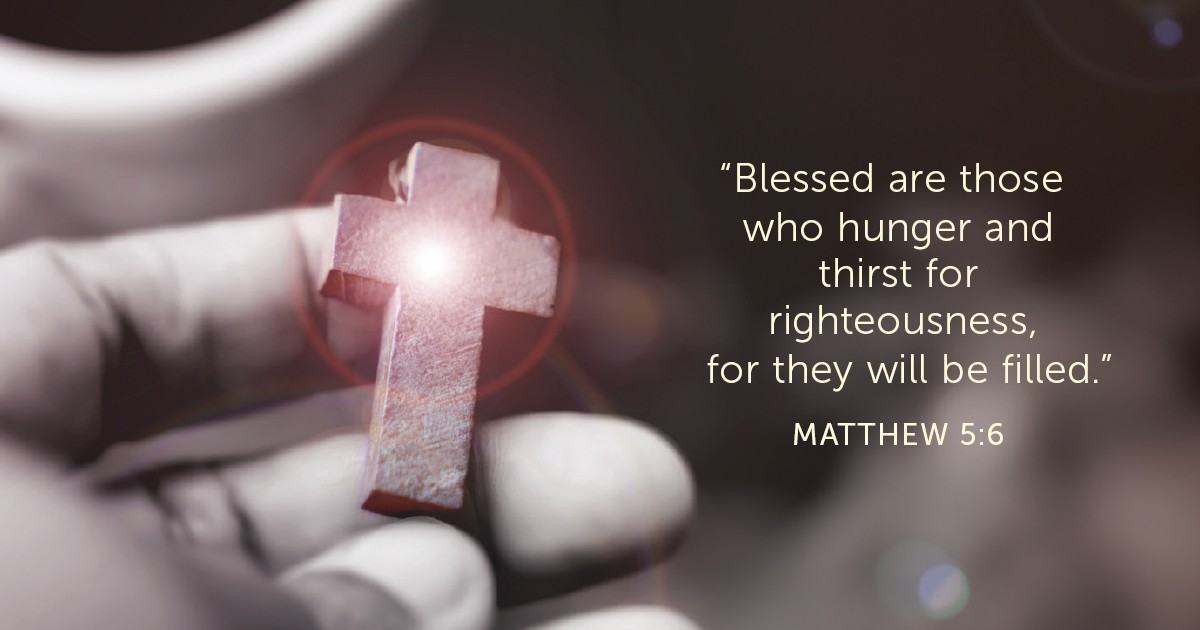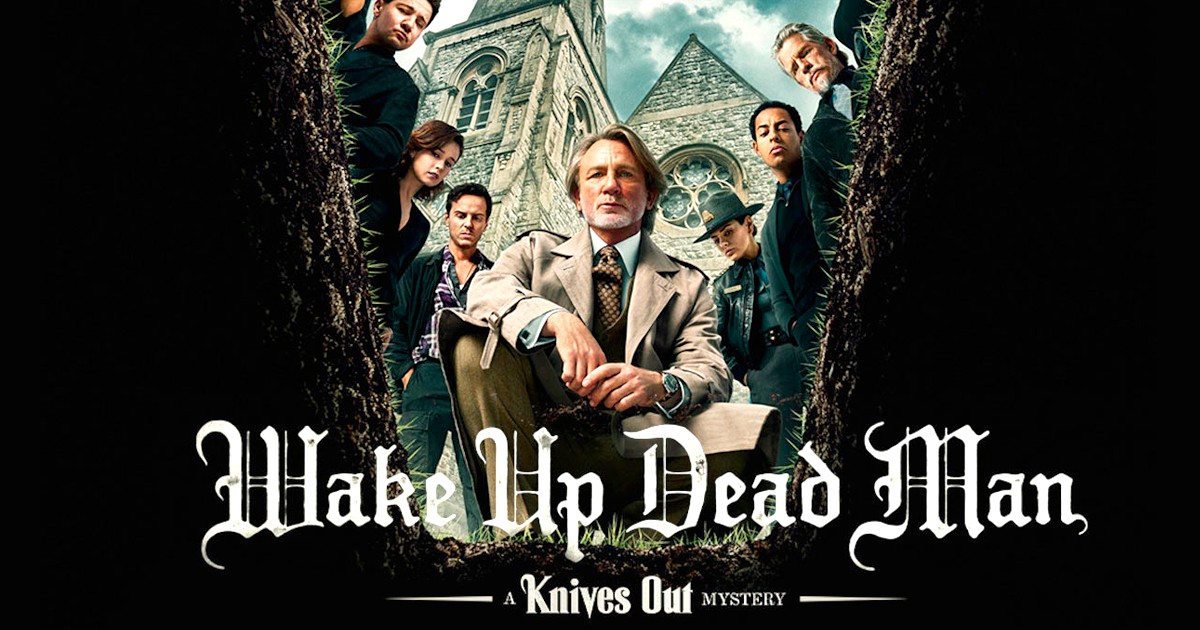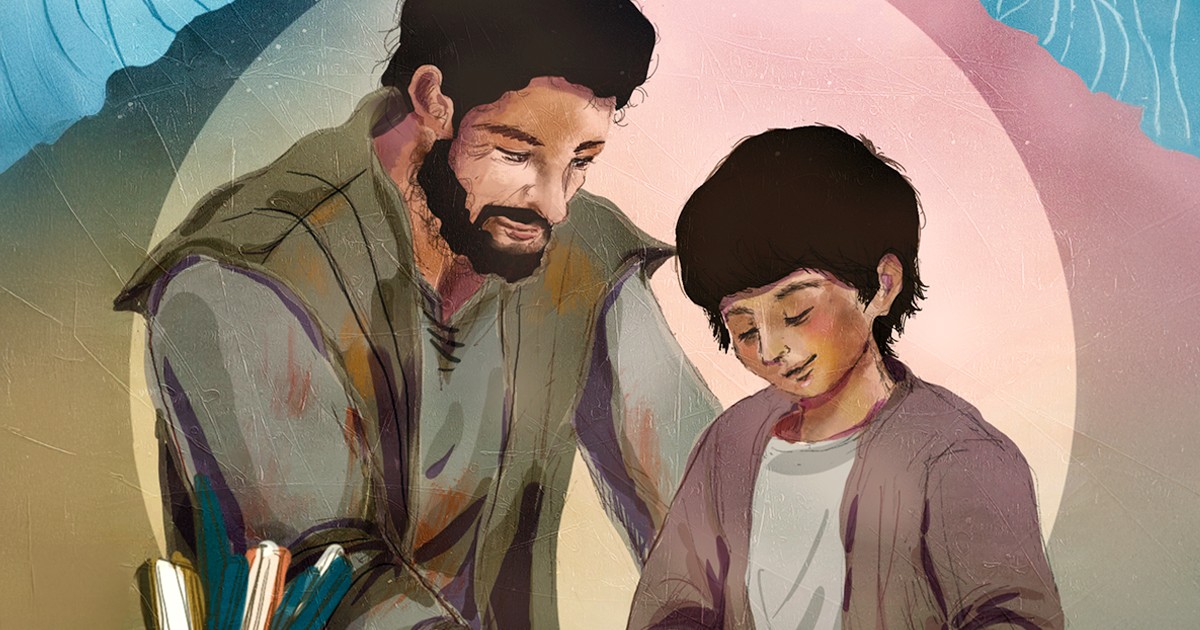I'm about to head off to see my doctor. It has me thinking about the fragility of the human body and the marvels of modern scientific medicine.
Think of what is happening with transplants nowadays, for instance. More and more organs and other human tissues can be used. In many cases they literally save lives. Which makes me think not only of medical marvels but of moral imperatives.
I've met people who are real evangelists for organ donation. Some of them hold special services in their churches to encourage congregants to sign their donation cards. “What could be more important than saving a life?” they say. I admire their zeal, but I confess that I'm not easily sold.
Here's a true story that makes me reticent. A young Florida man was involved in an accident that rendered him brain-dead. Surviving relatives were approached about the possibility of his organs being retrieved for transplantation. They agreed, but with a condition. Since the accident victim had himself been a leader in a chapter of the Ku Klux Klan, the family wanted to make sure that any donated organs went only to white recipients. If that couldn't be promised, they wouldn't agree to the donation.
Should we allow this sort of thing? I am told that this incident made them change the law in Florida, but conditional donations still happen elsewhere. I'd be interested in your thinking.
Jim
Dear Jim,
The story you have told is certainly upsetting. However, it seems to me that the family had the right to make its demands, despite their potential cruelty. Organ donation is completely voluntary. If the victim had been legally mandated to give his organs, then I would say that his family had no business speaking about who the recipient would be. But the organs are a gift, are they not? Should the giver—the victim, but also the family acting on his behalf—not be able to choose the recipient, if desired?
To be honest, I have a hard time understanding why people don't donate their organs. I have heard that some people fear their organs will be harvested before they are confirmed deceased. A scandal of that magnitude seems highly unlikely to me. I can't say it has never happened—I really wouldn't know—but I doubt there are too many rogue doctors out there, prematurely retrieving organs and selling them on the black market.
Donating organs seems like a no-brainer to me, Jim. (Pardon the miserable pun.) Why does the story about a racist donor make you skeptical about the whole deal? Are you hesitant about organ donation itself, or about the ethics involved in carrying it through?
Amy
Dear Amy,
Maybe you're right about me being squeamish about organ donation itself—aren't you a little bit squeamish about things such as face transplants!?
But it really is the ethics of the process that concerns me more. Your “no-brainer” pun reminds me that there was an important discussion in the late 1960s about why brain-death became the new standard for human death. Part of what drove the redefinition was the realization that if accident victims whose brains were destroyed were kept on ventilators as long as possible, none of their organs could be used for transplantation. Because the law has changed, the ventilator can now be stopped and organs like hearts and lungs removed once a person is declared dead by brain-death criteria.
There's a similar debate today about “non-heart-beating donors.” Suppose a person is not brain-dead but his heart stops. Is he dead? Right away? After a few minutes? In some places, doctors have to wait two minutes until they can declare him dead; in other places it's 10 minutes. Why does that matter? Here's a quote from the November 2008 issue of Pediatrics: “There are efforts to increase the supply of organs as a result of increasing length of the transplant waiting lists and increasing mortality while on these waiting lists. One way to improve supply is to allow organ donation after cardiac death.”
Who determines when life has ceased? Should such a determination be based on another person's need for organs?
I am concerned when we let our definition of death turn on the question of how fresh the donor's organs will be. Aren't you?
The trouble I have with the Florida case is different. I suppose people have a right to racist beliefs, but others should not go along with them. For the nurses and doctors to accept the family's conditions makes them complicit. The Salvation Army wouldn't accept donations with racist strings, and the organ procurement system shouldn't either.
If I get to the bottom of my uneasiness, though, it's a problem I have with the kind of analogy I just used. “Gifts” of body parts are not like gifts of money or property. My body isn't something I own in the way I own the books in my library. My books are commodities. My body isn't.
At the same time, I think it's a great thing that some friends of mine have had their lives saved by organ transplantation. And I suppose I would be just as grateful if those organs had come from the Florida accident victim. Ethically, is that enough, Amy—that lives are saved?
Jim
Dear Jim,
I think that saving lives is enough, to be honest. Let me explain.
I hate racial prejudice just as much as the next person. It is quite disturbing to think that a person of colour might have to be overlooked while the Florida man's organs are given to the second person in line—the white person. But what if organs donated by bigots were rejected out of hand? If no one gets the organs, what has anyone gained? A sense of righteousness? Meanwhile, there are now two grieving widows, two sets of orphaned children, two clusters of heartbroken friends (three, if you count the friends and family of the donor).
I have offered my organs for harvesting if the situation arises. And I suppose I don't really mind them being treated as commodities. They are of no use to me once I am gone. Also, if someone I loved were to die and his organs could be harvested, I think I would be comforted by the knowledge that at least some good had come from his death.
So for me, the only problem that remains is the declaration of death. Who determines when life has ceased? Should such a determination be based on another person's need for organs? I cannot give an answer. And I cannot imagine what it would be like to be the doctor who has to make that call.
So, in this new year, Jim, I salute your health and pray it may continue. And I thank God that, should one of us not live to see the end of this new year next Christmas, we each know that our eternal situation will only be an improvement.
Amy

 In this Talking It Over series, Dr. James Read, Executive Director of The Salvation Army Ethics Centre in Winnipeg, and Captain Amy Reardon, Editor of Young Salvationist, U.S.A. National Headquarters, dialogue about moral and ethical issues. Click here to read more debates in the Talking It Over series.
In this Talking It Over series, Dr. James Read, Executive Director of The Salvation Army Ethics Centre in Winnipeg, and Captain Amy Reardon, Editor of Young Salvationist, U.S.A. National Headquarters, dialogue about moral and ethical issues. Click here to read more debates in the Talking It Over series.









Comment
On Friday, February 20, 2009, Ian Robinson said:
On Thursday, January 15, 2009, Colin Bain said:
OR Do the decisions change dependent on the laws of supply and demand.
In addition, ought we to make ethical decisions based on laws that apply to commercial laws?
Leave a Comment